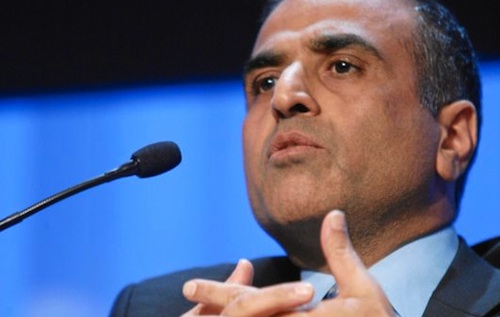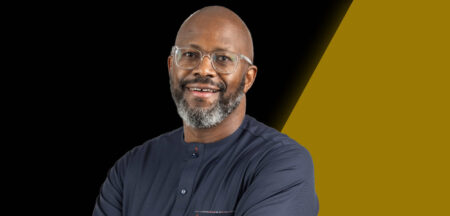Indian telecommunications tycoon Sunil Bharti Mittal is on the cusp of achieving his dream of building a presence in Africa with a planned US$10,7bn buy-out of assets from Kuwait-based Zain.
But analysts say Mittal, a self-confessed business “junkie” always hungering for the next deal, will need all his entrepreneurial chutzpah to turn around Zain’s loss-making phone operations.
Mittal, who heads India’s largest mobile company, Bharti Airtel, will be entering “not just one market but 15”, said Romal Shetty, telecoms head at global consultancy KPMG’s India unit.
“You can’t play a single strategy for all of them,” he said. “He has a lot of work ahead.”
Bharti, hoping to make it third time lucky in Africa after two failed bids for SA’s MTN, said on Friday it expected to seal a deal in the coming days by which the firm would buy most of Zain’s African networks.
Mittal, 52, is looking to expand foreign revenues amid a savage price war at home.
He has already warned shareholders the purchase will hit Bharti’s earnings. But the trim and dapper CEO says the company needs a “growth story” in sub-Saharan Africa, one of the world’s least developed phone markets.
In any event, Mittal — who keeps fit with yoga, turns vegetarian before any big new venture, and credits his successes to “divine intervention” — knows about dealing with challenges.
After starting out manufacturing bicycle crankshafts with a $1 500 loan, he spied a chance making push-button telephone handsets, a novelty at a time when Indians still used rotary dials.
But his fortunes really turned when the government announced plans to throw open mobile telephony to the private sector in 1992, paving the way for a telecoms revolution in a country where only the elite had telephones.
“I knew it was my moment to seize,” said Mittal, who is one of India’s biggest corporate names and a business ambassador, drumming up investment for the country on trips abroad.
His New Delhi-based firm won a licence to provide mobile coverage in the national capital in the mid-1990s. It then broadened its network around the country, snapping up stakes and licences.
At first it was tough, Mittal recalled while collecting a business achievement award recently. “We were a rocking boat then. It was a question of when we would collapse,” said the tycoon, who ranks eighth on Forbes‘s list of Indian billionaires, with $8,2bn.
Now Bharti Airtel has more than 125m subscribers in India.
In building Bharti, Mittal is credited with helping transform India from a country where people paid bribes for phones and faced huge bills into a place where even rickshaw drivers have mobiles and call costs are the world’s lowest.
During Bharti’s ascent, he said he learnt “one can’t afford to be small in this sector. One either aggressively expanded and gathered size or was acquired.”
The takeover, the first big foreign venture by Bharti, will create a corporate entity nobody would call small, with operations straddling two of the world’s fastest-growing markets: Africa and South Asia. The combined group will have more than 165m subscribers.
The second of three sons of an Indian politician, Mittal hails from Ludhiana in the northern wheat-bowl state of Punjab and prides himself on being a “transformational” thinker as well as hands-on businessman.
“India is a continent of consumers, with 1,1bn billion people needing goods and services,” he says.
In 2006, his corporate empire, in which his two brothers also hold senior jobs, struck a 50:50 joint venture deal with Wal-Mart to bring the US retail giant to India and create a modern wholesale distribution system. Last year, the partnership opened its first “big box” outlet in Amritsar, in northern India.
“We entrepreneurs are like junkies — looking for the next big fix,” he said recently. — Penny MacRae, Sapa-AFP
- Image credit: World Economic Forum
- Subscribe to our free daily newsletter
- Follow us on Twitter or on Facebook





